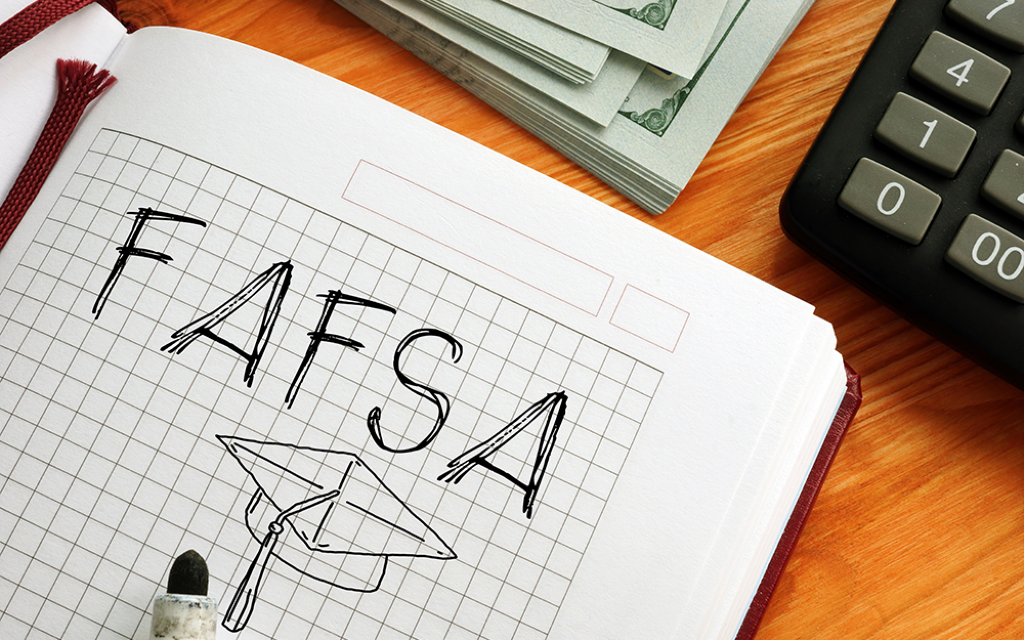5 FAFSA Myths

- Grades can matter for the FAFSA, but not in the way that you think. Straight A's don't mean that you will qualify for more aid than a straight C student.
- Many college applicants think they shouldn't bother to apply for financial aid because their high school grades are not high enough.
Understanding the financial aid process can be confusing. Therefore, we are debunking 5 common FAFSA myths.
Myth #1: My grades are not good enough.
Grades can matter for the FAFSA, but not in the way that you think. Straight A's don't mean that you will qualify for more aid than a straight C student.
Many college applicants think they shouldn't bother to apply for financial aid because their high school grades are not high enough. The truth is, your high school grades do not affect your FAFSA application. The FAFSA is trying to understand your family's financial need so that you can be matched with financial aid to help you pay for school. You will provide information about your family's income and savings. You won't be asked about your GPA on the FAFSA.
Once you are enrolled in college, your grades matter for continuing to qualify for financial aid. You will have to show "satisfactory academic progress", which means that you have to pass a certain number of classes in order to be remain eligible to get federal funds. Check with your school about their definition of academic progress.
Myth #2: I should wait to fill out the FAFSA after being accepted into college.
Waiting too long to complete your FAFSA could mean that you miss out on money. You may not get your share of first-come, first-served aid from your school. Or, worse, you could miss your school's financial aid deadline.
Submit your FAFSA application as soon as it opens on October 1. Go ahead and add the school codes for the colleges that you are applying to even if you do not have an acceptance letter from them yet. This way, the school will already have your information. Don't worry, colleges encourage you to send the financial aid info before you apply.
Myth #3: I have to pay a fee to complete my FAFSA.
FAFSA means Free Application for Federal Student Aid. You never have to pay a fee to complete your FAFSA. Any service or company that tells you otherwise is trying to make a quick buck from you.
Myth #4: I only need to complete the FAFSA once.
The FAFSA is not a one and done type of application. You have to complete the FAFSA every year that you want to be considered for financial aid.
Myth #5: I don't need to include my parents' info if they don't help me financially.
You may still need to include your parents' information on the FAFSA even if you are the one paying for all your expenses. Fill out the FAFSA honestly and the application will help you understand if you will still need to include your parents' information. You can also check out this resource to help you better understand how the FAFSA determines that you are independent or a dependent student.